‘Let us swear an oath, and keep it with an equal mind,
In the hollow Lotos-land to live and lie reclined
On the hills like Gods together, careless of mankind.
For they lie beside their nectar, and the bolts are hurl’d
Far below them in the valleys, and the clouds are lightly curl’d
Round their golden houses, girdled with the gleaming world;
Where they smile in secret, looking over wasted lands,
Blight and famine, plague and earthquake, roaring deeps and fiery sands,
Clanging fights, and flaming towns, and sinking ships, and praying hands.’
(extract from The Lotos-Eaters by Alfred Tennyson)
How often have you heard the claim ‘”Australia, maate, best country in the world?”
There’s no doubt that Australia has become one of the most desirable nations in which to live. Ours is indeed a relatively peaceful country and our standard of living has been growing steadily over the last couple of generations. In fact last year a UN report, based on economic, education and life-expectancy data, assessed Australia as second-best country in the world, second only to Norway
Of course there’s a shadow side to this prosperity. Not all of us have benefited from an expanding economy. Despite signs of obvious affluence around us, poverty, homelessness, violent crime, high suicide rates and mental health issues quite rightly receive more and more media attention. Many people have not shared in the general prosperity.
It’s a natural reaction that we might want to turn away from these realities of disadvantage, and of course it’s not healthy to focus relentlessly on bad news, but are we just becoming too deaf and dumb to the real situation in which we live, ‘like Gods together, careless of mankind’ as Tennyson wrote in 1832?
Are we currently suffering from empathy fatigue and retreating into a fortress mentality, eager to protect what we have just for ourselves and our own families?
This week we are celebrating Reconciliation week, a time when we reflect on the enormous disadvantages suffered by indigenous Australians as a result of European invasion, frontier wars, displacement from land and destruction of families. These traumas are still apparent in 2016 in our high rates of indigenous incarceration and of lower life expectancy. The boast that we live in the second-best country in the world, rings hollow for people who suffer such disadvantage.
Living on an island nation, separated from the trouble spots of the world, may sometimes appear to be an advantage. It does allow us to hold ourselves at arms length from the worst wars and violence and retreat into our safer lives, but there’s a danger too of becoming too desensitised to the world as a very violent place.
According to the UN by the end of 2014, a record-breaking 38 million people had become displaced within their own country as a result of violence. There are 20 million refugees, over half of whom are under the age of 18. Five million people have been displaced in Syria alone over the last five years. People don’t leave the security of their homes for frivolous reasons.
A recent visitor to Australia for the Sydney Writers Festival was human rights activist Ayaan Hirsi Ali.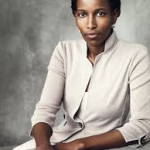
As if we needed reminding, in her most recent book, ‘Heretic: Why Islam Needs a Reformation Now’, which I have just finished reading, she warns of the dangers of Sharia Law-based ‘Medina Muslims’ violently murdering, hanging, beheading, raping and destroying everything non-Muslim in their path. No wonder people are fleeing for their lives.
Such violence makes us want to turn away, read a book, watch a movie, have a drink and that’s understandable but as global citizens in a rich nation we could educate ourselves better and demand that our leaders take a more proactive, empathetic, non-political response to these fleeing millions and not merely ‘’In the hollow Lotos-land to live and lie reclined.‘
Fortunately most of us don’t have firsthand experience of having to flee for our lives and I hope we never need to. In the 1970s in the Philippines I did witness first hand thousands of people escaping internal civil war and the effects had a huge impact on me-families displaced from their homes, living in squalid camps, cut off from education and employment.
We have never experienced war on our own soil, with one exception, even though we do send our soldiers to wars around the globe.These soldiers in turn bring home the debilitating consequences of exposure to violence that pursues them and their families through the generations.
Wars did of course rage on Australian soil during the European invasion and occupation of the eighteenth and nineteenth centuries with the bloodshed of frontier massacres and the eventual capitulation of indigenous people in the face of superior firepower.
I don’t recommend traveling to war zones merely to upgrade our personal empathy but I do believe many of our leaders and decision-makers appear to lack that personal empathy for the lives of people fleeing terror. As global citizens we need to educate ourselves to the current situation. We live on the extremities of a very dangerous world.
This need to protect valuable and personal interests over the common good may go some of the way to explain why the majority of Australians still support the cruel treatment of asylum seekers or ‘’illegal arrivals’ as they are labelled.
 A recent qualitative research report by the Melbourne Social Equity Institute and the Centre for Advancing Journalism, University of Melbourne, entitled ‘Islamisation’ and other anxieties: voter attitudes to asylum seekers‘,found that ‘the single most important driver of negative attitudes towards asylum-seekers is religious prejudice, sometimes expressed as concern about the “Islamisation” of Australia.’ As Australians we want to protect what we have. Groups such as Australia First and Reclaim Australia are just recent incarnations of the White Australia and Yellow Peril sentiments of earlier eras.
A recent qualitative research report by the Melbourne Social Equity Institute and the Centre for Advancing Journalism, University of Melbourne, entitled ‘Islamisation’ and other anxieties: voter attitudes to asylum seekers‘,found that ‘the single most important driver of negative attitudes towards asylum-seekers is religious prejudice, sometimes expressed as concern about the “Islamisation” of Australia.’ As Australians we want to protect what we have. Groups such as Australia First and Reclaim Australia are just recent incarnations of the White Australia and Yellow Peril sentiments of earlier eras.
Privileged and comfortable, many of us just don’t have an experience of disadvantage. Society, I believe, exists to work towards equity and justice for the greatest number, for the most disadvantaged, not to protect the interests and privilege of small minorities. As citizens of the ‘second-best’ country on the planet, we can do our share, we can establish frameworks to accept and support more refugees, abolish cruel Temporary Protection Visas and make re-settlement a national emergency and restore overseas aid levels.
Perhaps we could put our $50 billion submarine project on hold (why do we need subs anyway?) and invest in people. Perhaps even invest in a fast train project employing thousands of refugees, but now I’m getting carried away. Did the Snowy Mountains project ever really happen or were we dreaming? Empathy has to be more than just an intellectual process.

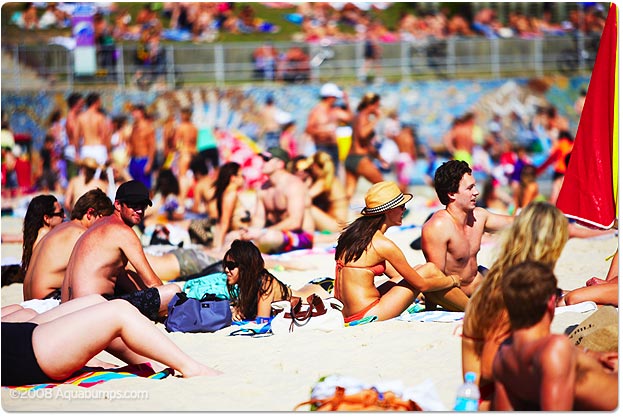

![latrobe-61-039a[1]_0](https://beyondtheestuary.com/wp-content/uploads/2016/05/latrobe-61-039a1_0-150x150.jpg)
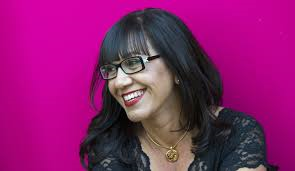

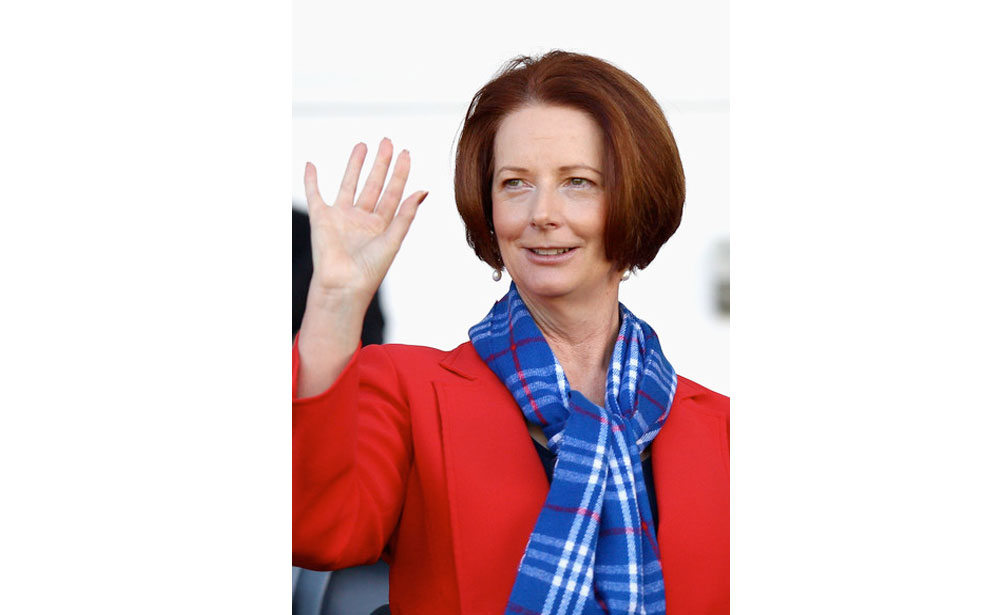

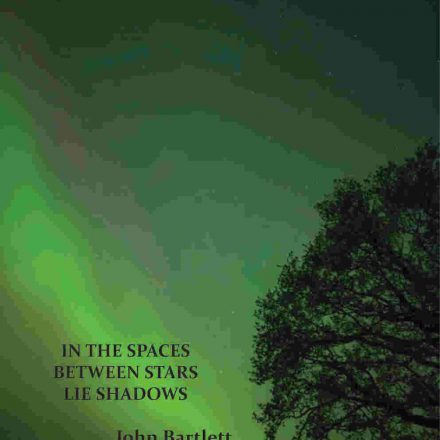
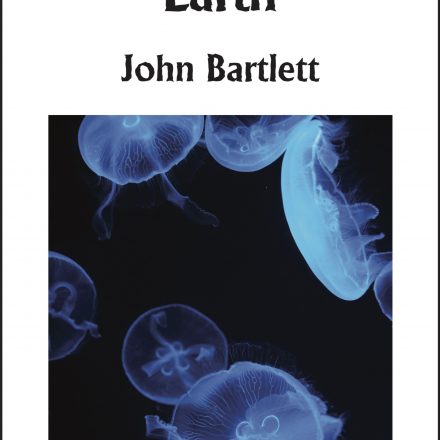
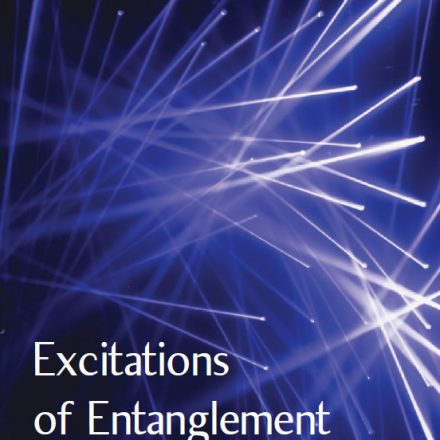
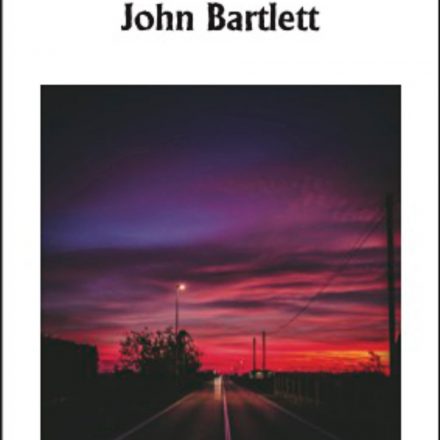
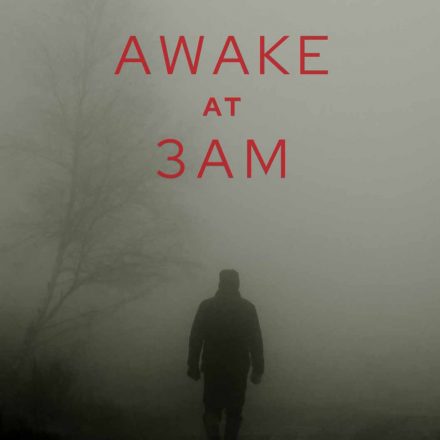
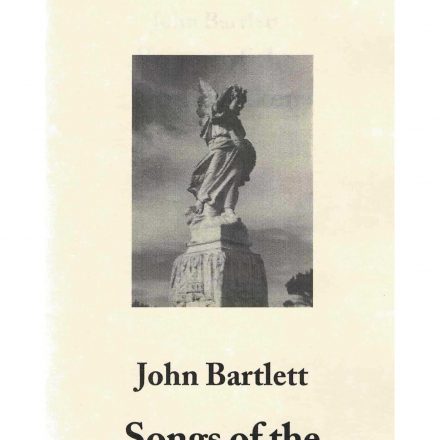
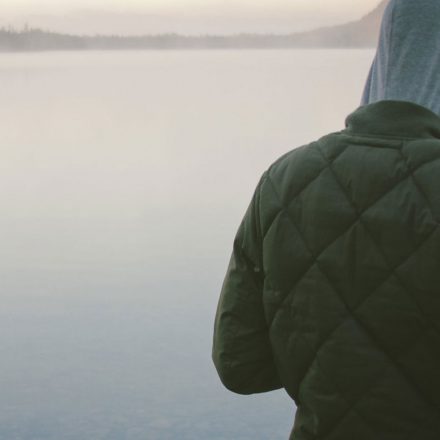
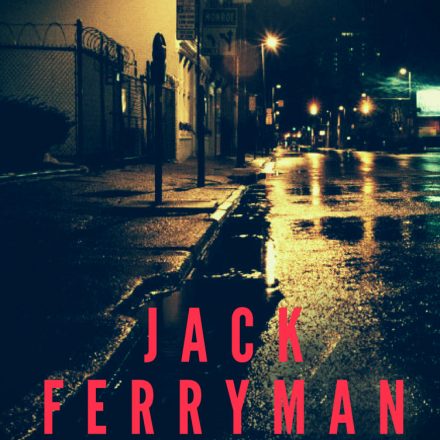
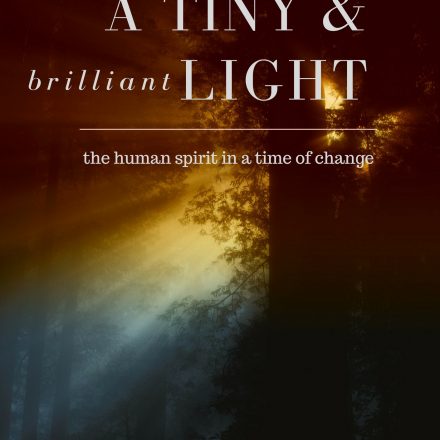
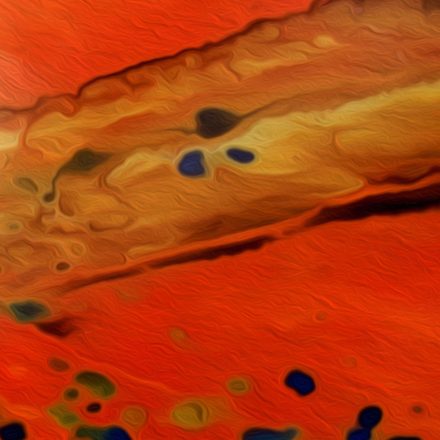
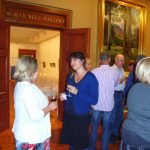
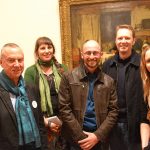
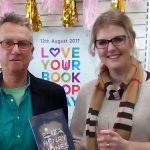
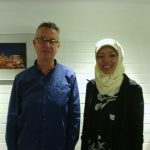
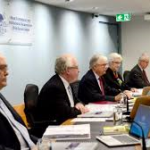
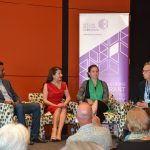

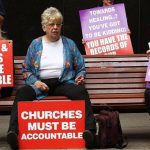
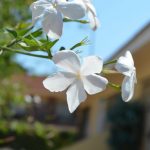
Certainly John, this is one of your most difficult postings on which to comment. Sally has probably summarised the three main factors, but I would like to expand on one – the task.
Education, both formal school education and informal life education, are perhaps essential in development of empathy for ‘the other’, to counter the natural, life-preserving tendency we all have to protect our individual and family selves from danger, real or imagined. As Sally said, fear is “one of, if not the, most powerful driver of behaviour.” While life education includes mixing with many people of different culture, different faith, different political perspective, and of course, people with different wealth and function in society, formal education provides a background, a context for understanding what we observe. A few pictures to illustrate…
Some years ago, my then boss, formally a highly educated man who had never spent any time meeting and learning from Indigenous Australians, was venting his spleen about “this new idea of frontier wars during settlement of Australia.” When I strongly disagreed with him, he spat, “Oh, I should have guessed you’d believe it.” Sadly, his informal education was stunted by spending his life focused only on his career, never allowing himself the opportunity to grow by considering alternative points of view. And, being a similar age to me, I am sure he would also have learnt nothing about Aboriginal Australia in school, but in the history of settlement, plenty about the settlers defending themselves against “marauding blacks”, with occasional side references to explorers’ “faithful Aboriginal companions”.
However, I am optimistic for the future. My seven-year-old grand-daughter enthusiastically tells me that, at school, she is learning about Aboriginal Australia, with emphasis on the Wurundjeri people of Melbourne district. Recently they had a smoking ceremony, conducted by a Wurundjeri man, to open a new playground in the school.
Similarly, for poverty in Australia. Today I collected clothing, blankets and cash donated by children/families at one of the parish schools in the Greensborough area, served by our local Vinnies branch. Two large carloads of winter clothing and blankets were stacked up against the props prepared by the teachers to teach the children about homelessness in Australia. While the blankets, warm clothing and over $1,200 of cash collected will provide immediate comfort to some of the poor in the north-east suburbs, that instruction, so early in the children’s formal education, will have long term significance if it sets the scene for achieving real improvement in distribution of opportunity and wealth in Australia.
But I feel it will take a long time for general acceptance of Islam in Australia. Those who fear Islamisation of this country invest a lot of fear in 2.2% of the population. A recent Facebook posting which reminded me of the old adage, “be careful what you wish for,” was based on ignorance of what Islam teaches. The posting was part of a campaign calling for “all halal food to be labelled.” For the campaign to be successful, most food eaten in Australia would have to be labelled because all foods are halal except for the small number of items listed in the Mosaic Law as ‘haram’ – that is ‘treif’ (non-kosher) in Judaism. And if the campaign were to focus only on labelling of foods certified as halal, then it is pointless; they are already so labelled!
A small example, but it clearly indicates that some people who know very little about what they’re afraid of, won’t research their particular concern before launching into political activism. Acceptance of Islam can only spread more widely when non-Muslim Australians learn about that faith, preferably through contact with their Muslim compatriots. And noting the Melbourne University report you quoted, that should allow more Australians to recognise that Muslim asylum seekers come to Australia to escape the brutality of Islamic extremism, against which our country is actively waging war. But we didn’t learn when we detained European Jews who escaped from Nazi Europe, holding them until the end of the war. We didn’t learn then; when will we ever learn?
Fantastic, John, a clear-headed discussion of how things are without rhetoric. The world is fantastically complex, as are human beings, with fear probably one of, if not the, most powerful driver of behaviour. I guess the task is to keep asking people to be their best selves, change the situation one mind at a time!